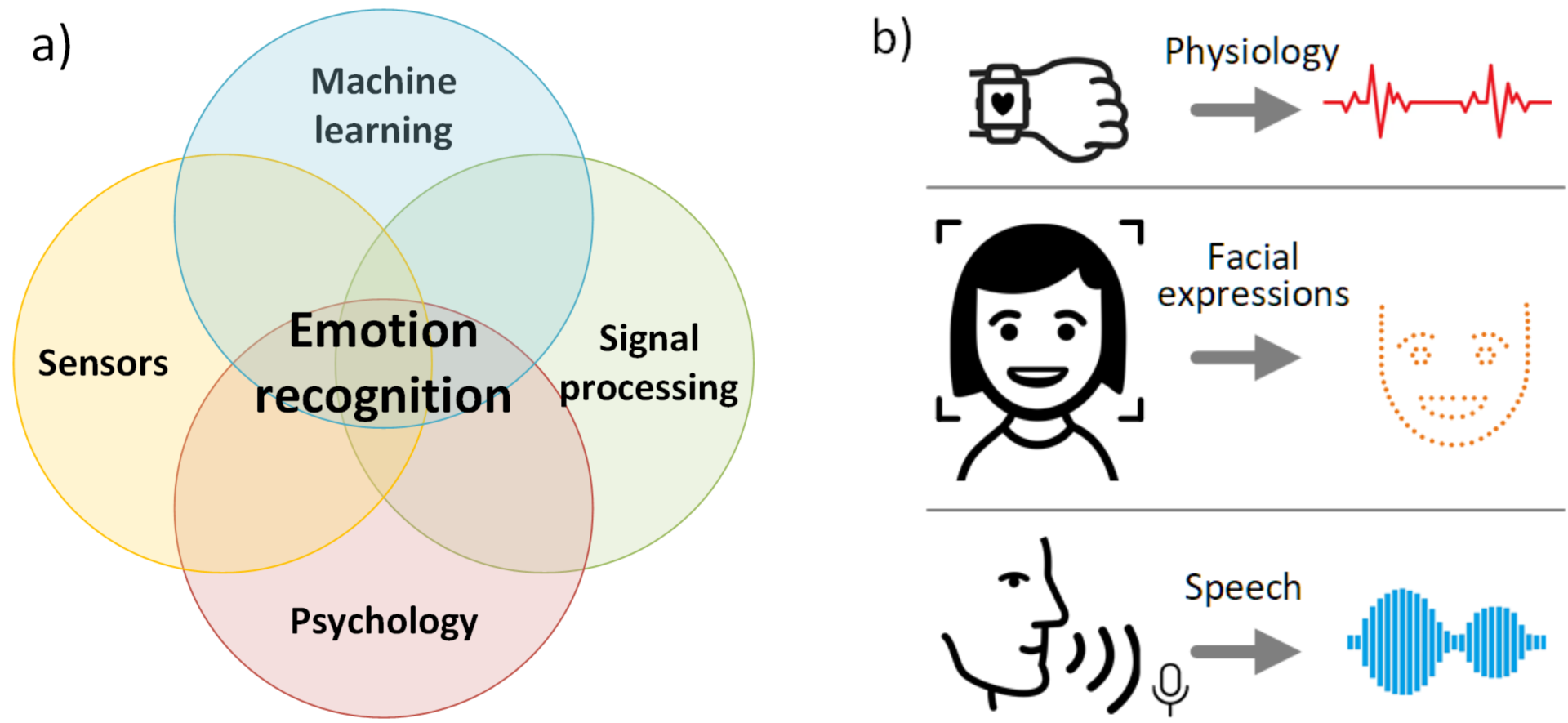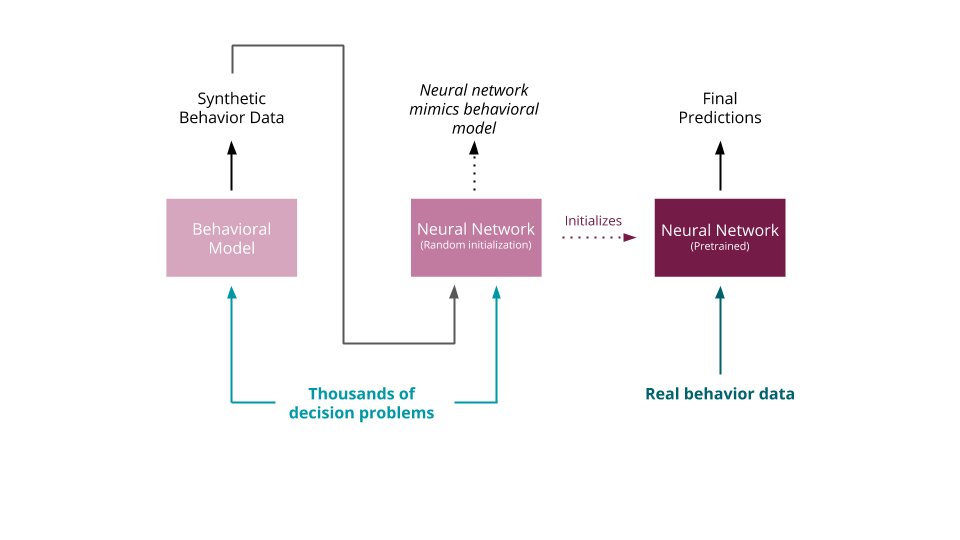Comments
- No comments found

The convergence of technology and psychology has opened up new horizons for understanding the complexities of human behavior and mental processes.
At the heart of this synergy lies machine learning, a powerful tool that has revolutionized various fields. In the realm of psychology, machine learning algorithms have emerged as invaluable assets, offering unprecedented insights into diagnosing mental disorders, predicting emotional states, and tailoring personalized treatment plans. This article delves into the transformative impact of machine learning on psychology, shedding light on its potentials, challenges, and ethical considerations.

Traditionally, diagnosing mental health conditions has heavily relied on clinician expertise and patient interviews. However, human judgment can be subjective, prone to biases, and limited by the sheer volume of data to process. This is where machine learning comes into play. By sifting through vast datasets of patient information, these algorithms can identify intricate patterns that might elude human observation. This capacity is particularly beneficial in identifying early warning signs of disorders, leading to more accurate diagnoses.
For instance, natural language processing algorithms can analyze written or spoken language to detect linguistic markers associated with depression or anxiety. This enables mental health professionals to discern emotional distress, even when patients might not explicitly express it. Furthermore, machine learning can aid in identifying comorbidities and relationships between mental health conditions, enabling a more holistic approach to treatment.
One of the most promising aspects of machine learning in psychology is the ability to develop personalized treatment plans. Each individual's mental health journey is unique, and what works for one person might not work for another. Machine learning algorithms can analyze a patient's history, genetics, lifestyle, and responses to previous treatments to recommend interventions that are more likely to be effective.
Consider the case of treatment-resistant depression. Machine learning can analyze data from various sources, including brain scans, genetic profiles, and previous treatment outcomes, to identify potential underlying factors contributing to the resistance. Based on these insights, clinicians can tailor treatments that target specific mechanisms, increasing the likelihood of success.
Predictive analytics, fueled by machine learning, have made remarkable strides in anticipating emotional states. By analyzing an individual's online activities, social media posts, and even physiological data, algorithms can make accurate predictions about emotional well-being. This not only offers an avenue for early intervention but also aids in monitoring mental health progress over time.
For instance, machine learning algorithms can detect signs of impending depressive episodes in individuals with mood disorders. Subtle changes in behavior, such as reduced social interactions, altered sleep patterns, or negative language usage, can be identified by these algorithms. This timely recognition allows clinicians and caregivers to provide support before the emotional state deteriorates.

As promising as the integration of machine learning and psychology is, it does not come without challenges. Ethical concerns regarding data privacy and security loom large. The nature of mental health data is sensitive, and its misuse or unauthorized access could lead to severe consequences. Ensuring robust data protection mechanisms and obtaining informed consent from patients are paramount in maintaining ethical standards.
Moreover, the potential biases embedded in machine learning algorithms are a pressing concern. If the training data is skewed or unrepresentative, algorithms could produce biased results, perpetuating inequalities and inaccuracies in diagnosis and treatment. Ongoing efforts to diversify training data and employ fairness-enhancing techniques are crucial to mitigate such biases.
Interpretability is another challenge. Machine learning models, particularly deep learning models, often function as "black boxes," making it difficult to understand how they arrive at their conclusions. This lack of transparency can hinder clinicians' trust in algorithmic recommendations. Striking a balance between model complexity and interpretability is essential to foster collaboration between humans and machines in the clinical setting.
The marriage between machine learning and psychology is a testimony to the transformative power of interdisciplinary collaboration. The strides made in diagnosing mental disorders, predicting emotional states, and tailoring personalized treatments demonstrate the immense potential of these technologies in improving mental health outcomes. However, as we navigate this uncharted territory, it is imperative to address ethical concerns, biases, and interpretability challenges. By doing so, we can pave the way for a future where technology and compassion work hand in hand to unravel the intricacies of the human mind and alleviate the burdens of mental illness.
Leave your comments
Post comment as a guest